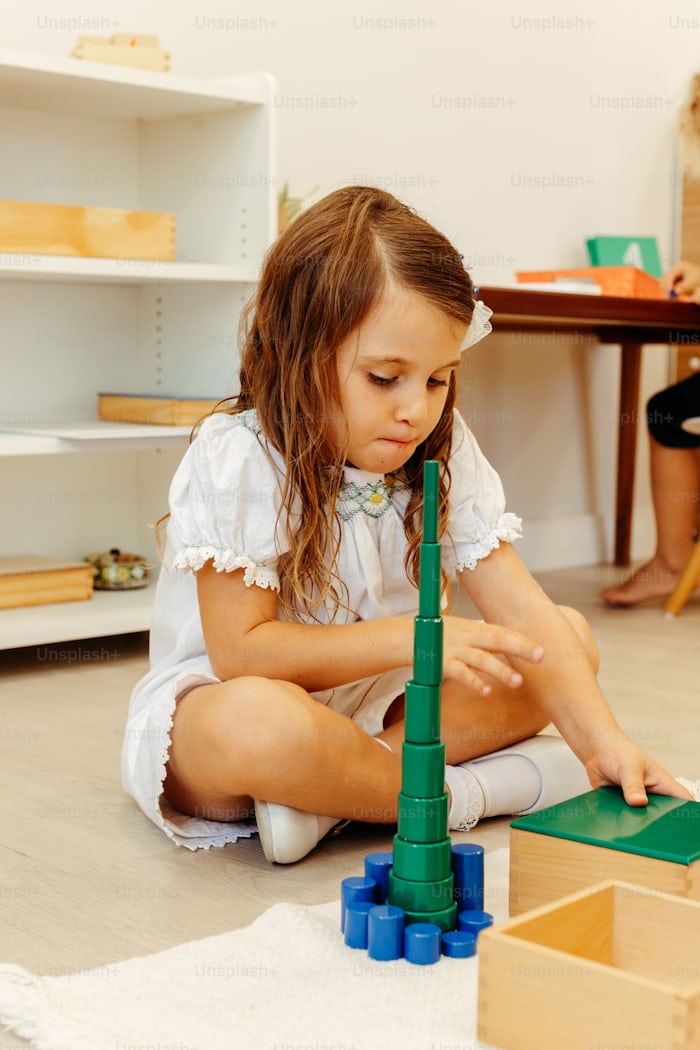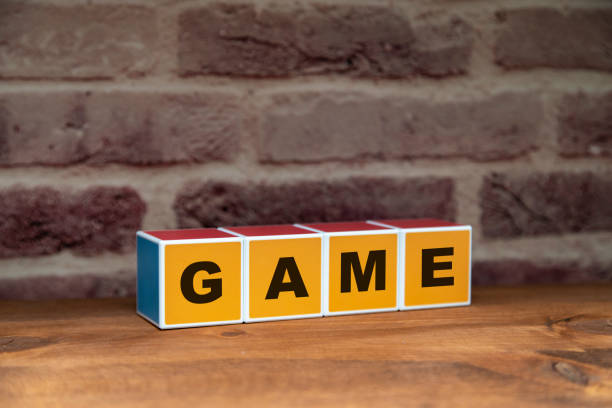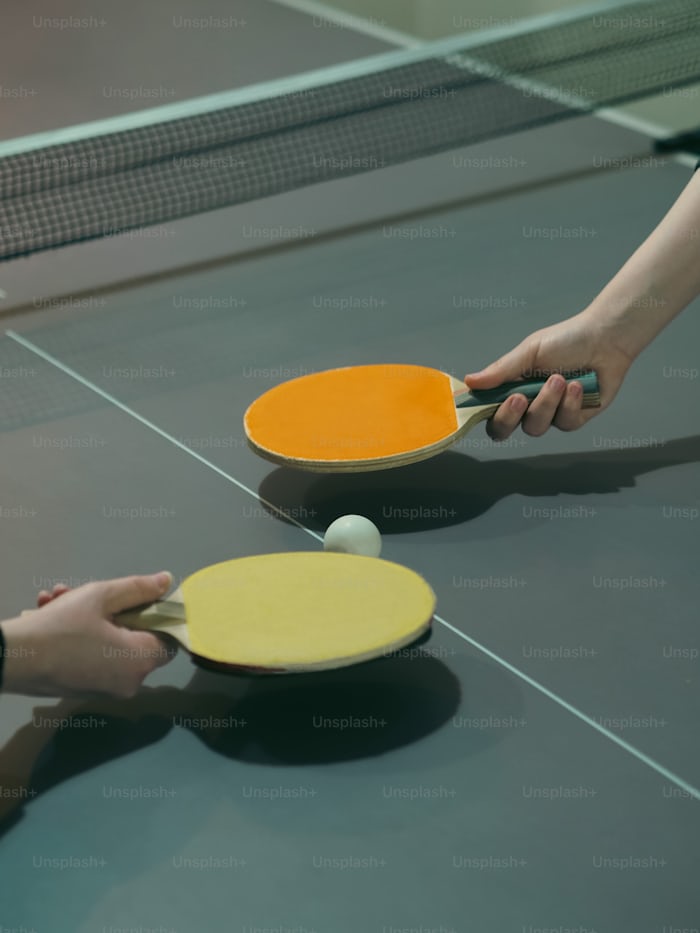In recent years, there has been a growing interest in Montessori toys among parents and educators looking for alternatives to traditional toys. The Montessori method, developed by Dr. Maria Montessori over a century ago, emphasizes child-led learning and the importance of a prepared environment that encourages exploration, independence, and self-discovery. Montessori toys, which are designed based on these principles, play a crucial role in supporting a child’s natural development. In this article, we will explore the benefits of Montessori toys, the philosophy behind their design, and how they can help foster independence and learning through play.
Understanding the Montessori Philosophy
Before diving into the specifics of Montessori toys, it is essential to understand the foundational philosophy behind them. The Montessori method is based on the idea that children learn best when they are given the freedom to explore and learn at their own pace. This educational approach emphasizes hands-on learning, self-directed activity, and collaborative play. Rather than being passive recipients of information, children in a Montessori environment are active participants in their learning journey.
Montessori classrooms are carefully prepared environments designed to facilitate exploration and discovery. The materials used are often simple, natural, and designed to be self-correcting, allowing children to learn through trial and error without the need for constant adult intervention. This philosophy extends to the toys used in Montessori education, which are often referred to as “Montessori toys.”
What Are Montessori Toys?
Montessori toys are specifically designed to align with the principles of the Montessori method. They are typically made from natural materials such as wood, metal, and fabric, avoiding plastics and electronic components that might detract from the sensory experience. The toys are also purposefully simple in design, focusing on one specific skill or concept at a time to avoid overwhelming the child with too many stimuli.
Key characteristics of Montessori toys include:
- Natural Materials: Montessori toys are often made from wood, metal, glass, or fabric, which provide different textures and weights, enhancing the sensory experience for children. Natural materials are also more sustainable and durable, aligning with the Montessori emphasis on environmental consciousness.
- Purposeful Design: These toys are designed with a specific purpose in mind, often focusing on developing a particular skill or concept, such as fine motor skills, hand-eye coordination, or color recognition. The simplicity of the design allows children to focus on the learning objective without distractions.
- Self-Correcting Features: Many Montessori toys are designed to be self-correcting, meaning that the child can independently determine if they have used the toy correctly. This encourages problem-solving and critical thinking, as children learn through experimentation and discovery.
- Realistic and Functional: Montessori toys often mimic real-life objects and tools, providing children with a sense of familiarity and relevance. This encourages practical life skills and helps children understand the world around them.
Benefits of Montessori Toys
Montessori toys offer a wide range of benefits for children’s development, fostering independence, creativity, and a love for learning. Below are some of the key advantages of incorporating Montessori toys into a child’s playtime.
1. Promoting Independence
One of the core tenets of the Montessori philosophy is fostering independence in children from a young age. Montessori toys are designed to be easily accessible and usable by children, allowing them to explore and play without constant adult supervision. By engaging with toys that are self-correcting and designed for independent use, children learn to solve problems on their own, make decisions, and build confidence in their abilities.
For example, a simple wooden puzzle with large pieces encourages a child to figure out where each piece fits without needing guidance. As they experiment and find the correct solution, they experience a sense of accomplishment and pride in their ability to complete the task independently.
2. Enhancing Fine and Gross Motor Skills
Montessori toys are often designed to help children develop both fine and gross motor skills. Fine motor skills, which involve the coordination of small muscles in the hands and fingers, are crucial for tasks such as writing, buttoning a shirt, or tying shoelaces. Toys like threading beads, stacking blocks, or using tweezers to transfer objects help children practice these skills in a fun and engaging way.
Gross motor skills, which involve larger movements of the arms, legs, and torso, are also important for physical development. Montessori toys that encourage climbing, balancing, or carrying objects help children develop these skills, which are essential for activities such as running, jumping, and playing sports.
3. Encouraging Cognitive Development
Montessori toys are specifically designed to encourage cognitive development by engaging children in activities that require problem-solving, critical thinking, and concentration. For instance, toys that involve sorting objects by size, shape, or color help children develop their ability to categorize and recognize patterns. Puzzles and building blocks challenge children to think creatively and develop spatial awareness.
Additionally, many Montessori toys are designed to be open-ended, meaning they can be used in multiple ways depending on the child’s imagination. This flexibility encourages creative thinking and allows children to explore different possibilities and outcomes.
4. Fostering Sensory Exploration
Sensory play is a significant component of the Montessori method, as it helps children learn about the world through their senses. Montessori toys often provide rich sensory experiences by incorporating different textures, weights, sounds, and even scents. For example, a sensory bin filled with various natural materials, such as rice, beans, or sand, allows children to explore different textures and practice fine motor skills by scooping and pouring.
Other sensory toys might include bells, textured balls, or scented playdough, each providing a unique sensory experience that helps children learn through touch, sound, and smell. These sensory experiences are essential for brain development and help children build connections between their sensory experiences and the world around them.
5. Cultivating a Love for Learning
By providing children with toys that are both engaging and educational, Montessori toys help cultivate a love for learning from a young age. Because these toys are designed to be developmentally appropriate and aligned with a child’s natural interests and abilities, children are more likely to remain engaged and motivated to learn. The sense of achievement they experience when mastering a new skill or completing a challenging task fosters a positive attitude towards learning that can last a lifetime.
Furthermore, because Montessori toys encourage exploration and discovery, children learn to enjoy the process of learning itself, rather than just focusing on the outcome. This intrinsic motivation is a key factor in developing a lifelong love for learning.
Choosing the Right Montessori Toys

When selecting Montessori toys for your child, it is essential to consider their age, developmental stage, and interests. While many toys can be used across different age groups, selecting toys that align with your child’s current abilities and interests will help keep them engaged and motivated.
For infants, focus on toys that encourage sensory exploration and the development of fine motor skills, such as soft fabric balls, textured rattles, and simple stacking rings. Toddlers may benefit from toys that encourage problem-solving and cognitive development, such as wooden puzzles, nesting dolls, and sorting trays. For older children, consider toys that foster creativity and practical life skills, such as building sets, art supplies, and child-sized kitchen tools.
Conclusion
Montessori toys offer a unique approach to play that supports a child’s natural development and fosters independence, creativity, and a love for learning. By choosing toys that are designed with purpose, simplicity, and natural materials, parents and educators can create an environment that encourages exploration and discovery, allowing children to learn at their own pace. Whether at home or in a classroom setting, Montessori toys provide a valuable foundation for lifelong learning and development.





